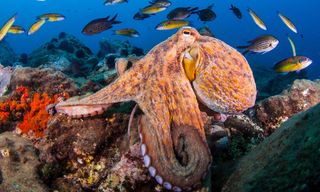
Patrick Pester
Patrick Pester is the trending news writer at Live Science. His work has appeared on other science websites, such as BBC Science Focus and Scientific American. Patrick retrained as a journalist after spending his early career working in zoos and wildlife conservation. He was awarded the Master's Excellence Scholarship to study at Cardiff University where he completed a master's degree in international journalism. He also has a second master's degree in biodiversity, evolution and conservation in action from Middlesex University London. When he isn't writing news, Patrick investigates the sale of human remains.
Latest articles by Patrick Pester
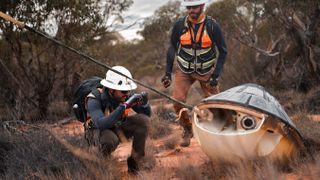
Saucer-like 'Winnebago' space capsule lands in Australia — marking 1st for commercial space industry
By Patrick Pester published
Varda Space Industries' W-2 space capsule reentered Earth's atmosphere and touched down in the Australian outback last month, becoming the first commercial spacecraft to land Down Under.
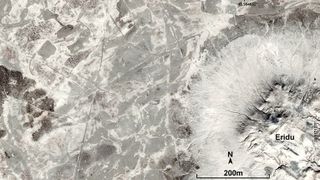
Massive Mesopotamian canal network unearthed in Iraq
By Patrick Pester published
Researchers have identified an extensive Mesopotamian canal network that supplied ancient farms in the Eridu region with water from the Euphrates river before the first millennium B.C.
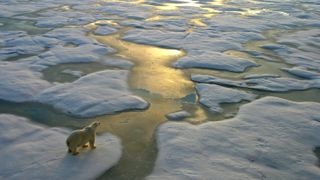
Global sea ice levels hit worrying new low
By Patrick Pester published
Sea ice cover dropped to a record low across February 2025 as global warming continues to breach the 1.5 C Paris Agreement target, according to data from the Copernicus satellite.
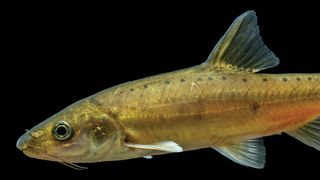
Golden scaleless cave fish discovered in China shows evolution in action
By Patrick Pester published
The discovery of a golden scaleless fish in China is helping scientists understand how animals evolved to live in caves.
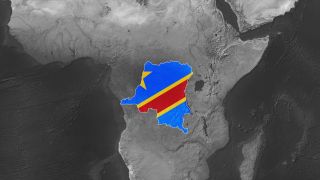
Poisoning or bacterial meningitis could be behind dozens of mysterious deaths in the Democratic Republic of the Congo
By Patrick Pester published
A cluster of deaths linked to a mysterious illness in the Democratic Republic of the Congo could be the result of a poisoning or bacterial meningitis, the WHO has suggested.

Brain damage reported in 13% of kids who have died of flu this season, CDC finds
By Patrick Pester published
A CDC report has revealed that nine of 68 of children who died of flu this year had brain damage, but it's unclear whether this influenza-associated encephalopathy is on the rise.

Sunrise on the moon captured by Blue Ghost spacecraft after NASA and Firefly Aerospace announce successful lunar landing
By Patrick Pester published
The Blue Ghost spacecraft has taken its first images of the lunar surface as Firefly Aerospace and NASA celebrate a successful moon landing.
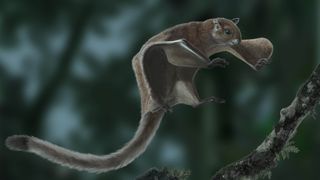
Giant flying squirrels as big as cats once lived in Tennessee
By Patrick Pester published
Researchers have identified a giant flying squirrel fossil from a cache of unusual animal remains dug out of an ancient sinkhole in Tennessee 25 years ago. The fossil sheds light on how flying squirrels reached North America.
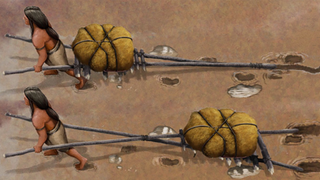
20,000-year-old evidence of ancient 'vehicles' discovered in New Mexico
By Patrick Pester published
Ancient footprints and drag marks at White Sands National Park in New Mexico suggest the earliest known Americans dragged wooden travois-like vehicles.
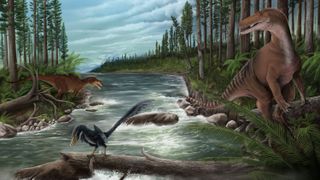
Australia's 'upside down' dinosaur age had two giant predators, 120 million-year-old fossils reveal
By Patrick Pester published
A new study has revealed that "hug of death" megaraptorids and previously unknown carcharodontosaurs shared Australia's unique Antarctic dinosaur ecosystem during the Cretaceous.

Surgeons remove parasitic twin from teenager who had legs growing out of his chest
By Patrick Pester published
A rare parasitic twin protruding from the chest of a 17-year-old boy has been removed by surgeons in Delhi, India.

Mystery illness kills over 50 people in the Democratic Republic of the Congo
By Patrick Pester, Nicoletta Lanese published
A yet-unidentified illness has killed 53 people and potentially infected hundreds more in the Democratic Republic of the Congo. The World Health Organization is investigating the outbreak.
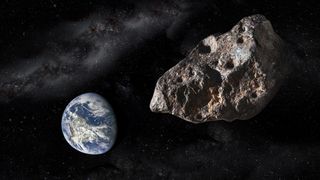
'That's Zero Folks!': Asteroid 2024 YR4 is no longer a hazard
By Patrick Pester published
The likelihood of asteroid 2024 YR4 hitting Earth in 2032 rose and fell last week. NASA's impact odds are now so slim that the asteroid is no longer a hazard on the Torino asteroid scale.
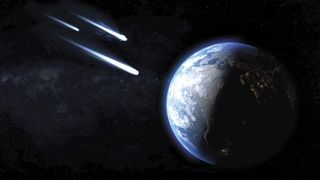
'Just the tip of the iceberg': Why risky asteroids like 2024 YR4 will pester Earth for decades to come
By Patrick Pester published
The world is watching as NASA tweaks the odds that asteroid 2024 YR4 will hit Earth. But how threatening is YR4, and how does it compare to other potentially hazardous space rocks?
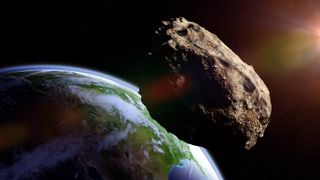
Asteroid YR4 impact odds plummet as NASA changes threat level of 'city-killer'
By Patrick Pester published
NASA has been changing the odds of asteroid 2024 YR4 hitting Earth in recent days, but the latest shift significantly downgrades the asteroid's threat level and makes a moon strike more likely.

NASA just changed the odds of asteroid YR4 hitting Earth in 2032 yet again
By Patrick Pester published
NASA increased the chances of asteroid 2024 YR4 hitting Earth to 1 in 32, or 3.1%, on Tuesday, but they're now back down to 1 in 67, or 1.5%.
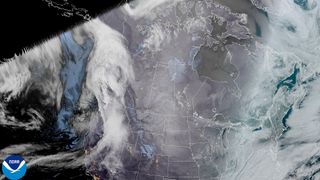
US suffers record-breaking cold: What's going on with the polar vortex?
By Patrick Pester published
A winter storm is hitting the U.S. with record-breaking cold and heavy snow. Is the polar vortex to blame?

Chance of 'city-killer' asteroid 2024 YR4 smashing into Earth rises yet again to 3.1%, NASA reports
By Patrick Pester published
NASA has increased the chances of asteroid 2024 YR4 hitting Earth in 2032 to 1 in 32, or 3.1%, up from 1 in 42 as reported in previous calculations.

'Stay off the roads': Winter storm warning as deadly floods strike Kentucky
By Patrick Pester published
Kentucky is battling devastating floods after another powerful winter storm hit the eastern U.S. over the weekend, leaving at least 10 people dead.
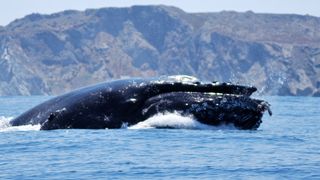
'I thought I was dead': Terrifying video of humpback whale gobbling up kayaker explained
By Patrick Pester published
A humpback whale appeared to swallow then spit out a kayaker in a viral video filmed off the coast of Chile. But was he actually in any danger?
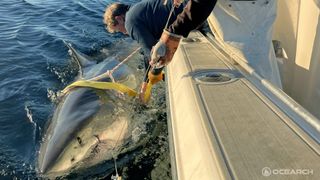
Massive male great white shark tagged and released off Florida coast in new video
By Patrick Pester published
Scientists have tagged a giant male great white shark off the East Coast. The researchers said "Contender" is the largest male white shark ever caught and studied in the northwest Atlantic.

Parts of San Francisco and Los Angeles are sinking into the sea — meaning sea-level rise will be even worse
By Patrick Pester published
A study led by NASA and NOAA has found that California is sinking in some areas, which means the projected sea level rise for parts of Los Angeles and San Francisco has doubled.
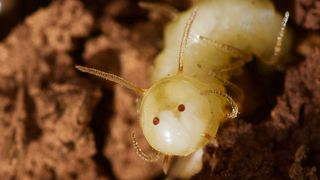
Moroccan fly maggot uses fake face on its butt to infiltrate termite colony
By Patrick Pester published
Researchers have discovered blow fly larvae with fake termite faces on their rears that enable them to socially integrate into termite colonies in the mountains of Morocco.
Get the world’s most fascinating discoveries delivered straight to your inbox.
